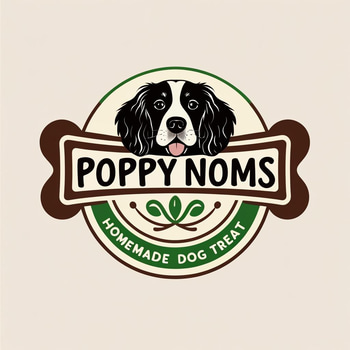5-Minute Training Sessions: Maximum Results for Busy Dog Parents
Because dog training shouldn’t require an afternoon off work (or a thermos of coffee).
6/26/20253 min read
Life is busy. Between work, school runs, food shopping, and the occasional attempt to sit down with a hot cuppa, the thought of carving out an hour for dog training can feel… optimistic.
The good news? You don’t need a long stretch of time to make a big impact. Science and trainers alike now champion a smarter, bite-sized approach: 5-minute training sessions that pack a punch. Think of it as training on the go — and it’s perfect for busy dog owners.
Let’s explore how short dog training sessions can deliver long-term results — and how you can fit them into your daily routine without missing a beat.
🧠 Why Quick Dog Training Works
Short sessions aren’t just convenient — they’re also backed by behavioral science. Dogs learn better in brief, focused bursts, especially when training feels like a game instead of a chore. Think of it like muscle memory for their brains.
Here’s why this approach is gold:
Keeps your dog engaged (no boredom or burnout)
Fits into daily life (perfect for multitaskers)
Reinforces consistency (tiny reps = better retention)
Remember: 5 minutes of quality beats 30 minutes of frustration.
🕐 When to Train (Hint: You Already Have the Time)
You don’t need to “make time” for training — just use time you already have. Try these:
While the kettle boils
During TV ad breaks
After morning walks
At the school run pick-up (just before or after)
While waiting for the oven to preheat
Micro-sessions can happen anywhere — hallway, kitchen, garden, or even your front step.
🐶 Micro-Training Exercises That Work
Here are some fast, effective exercises tailored for common training goals. No equipment needed — just treats, praise, and a minute or two of focus.
🔹 Loose Leash Walking (The Coffee Walk Drill)
The Problem: Pulling on the lead
The Fix: Practice “stop and go” during a walk.
Walk forward.
The second your dog pulls, stop.
Wait for slack in the lead, mark it (say “yes!”), then move forward again.
Time needed: 2–5 minutes during your regular walk.
Bonus tip: Do this on your way to the park, not once they’re hyped at the park.
🔹 Recall (The Hide-and-Seek Game)
The Problem: Dog ignores you at the park
The Fix: Build excitement around your recall cue
Grab some treats.
Call your dog from across the room or garden.
When they come, throw a party! Treats, praise, the lot.
Run away and call again.
Time needed: 3 minutes — great before heading out or just for fun indoors.
Use this cue sparingly outside of training so it stays exciting.
🔹 Impulse Control (The “Wait for It” Game)
The Problem: Jumping, snatching, bolting through doors
The Fix: Teach self-control through simple wait exercises
Hold a treat in your hand.
If they lunge or jump, close your fist.
The second they pause or sit, say “yes!” and give the treat.
Time needed: 1–2 minutes
Level up: Use the same principle with meals, doors, or even toys.
☕ Real Life Wins: Where Short Dog Training Shines
Training isn’t about being perfect — it’s about progress. These mini-sessions help you:
Reinforce boundaries calmly
Reduce overwhelm for both you and your dog
Turn daily interactions into training moments
Example: Instead of yelling when your dog jumps at guests, spend 5 minutes a few times a week rewarding them for sitting calmly when the doorbell rings.
🧩 Stacking the Habit: Make It Stick
Treat your dog training like brushing your teeth: small, daily, non-negotiable.
Here’s how to build the habit:
Link training to something you already do (tea time, walking, feeding).
Use visual reminders — sticky notes or a treat pouch by the door.
Keep it low pressure — some days you’ll train 2 minutes, some 10. That’s OK!
✨ Final Thought (Your Tea Is Probably Getting Cold)
Training doesn’t have to be all or nothing. In fact, 5-minute dog training sessions might be the most realistic and rewarding way to build trust, improve behaviour, and enjoy your dog — even in the chaos of daily life.
So next time you have a spare moment — waiting for the microwave, brushing your teeth, watching the rain — grab a treat, say “ready?” and have a little training playtime. It adds up faster than you think.
Your dog doesn’t need a perfect trainer. Just a few minutes of your time.
